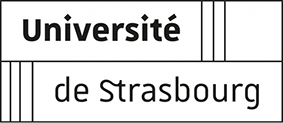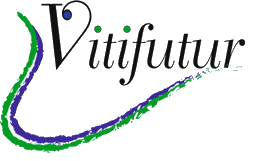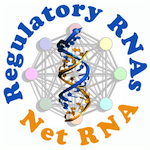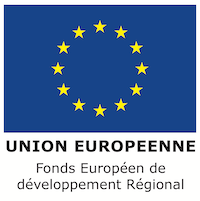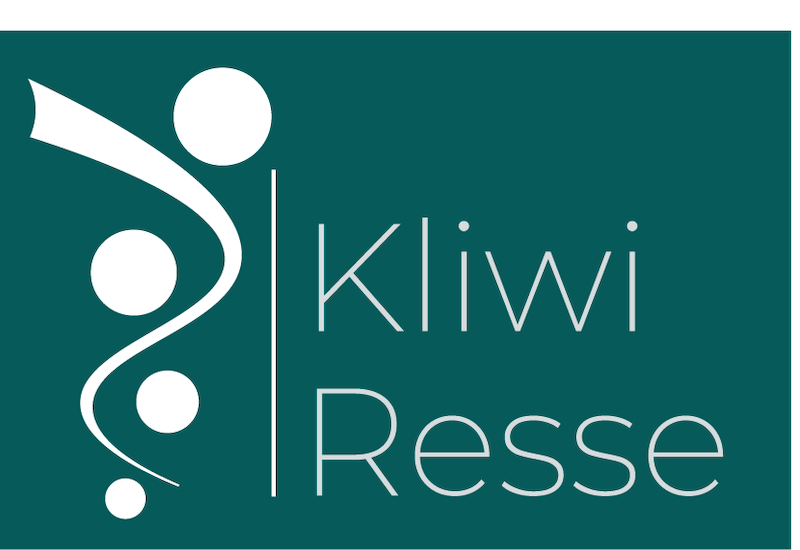The use of double-stranded RNA (dsRNA) for pest and disease control in plants offers a promising, eco-friendly alternative to chemical pesticides. dsRNA is a natural and biodegradable molecule that triggers RNA interference (RNAi) upon uptake, enabling highly specific targeting of pathogens. However, its agricultural application is limited by high production costs, susceptibility to degradation, and inefficient uptake by plant cells.
In a new study published in International Journal of Biological Macromolecules, the ERA-NET SusCrop “BioProtect” project consortium project led by Manfred Heinlein at IBMP presents the development of an eco-friendly formulation based on the biopolymers chitosan and alginate. This formulation was engineered by Anant Patel’s team at the University of Applied Sciences in Bielefeld (Germany), in collaboration with Heinlein’s group and M. Poranen’s team at the University of Helsinki (Finland). The resulting formulation forms interpolyelectrolyte complexes (IPECs) of defined size (<100 nm) and effectively stabilizes dsRNA against degradation by RNases and heat. Experiments in Nicotiana benthamiana demonstrate that the formulated dsRNAs confer protection against tobacco mosaic virus. This versatile system enables the production of IPECs with customizable size, surface charge, and nucleic acid content, offering a promising strategy for the application of dsRNAs in sustainable agriculture.

